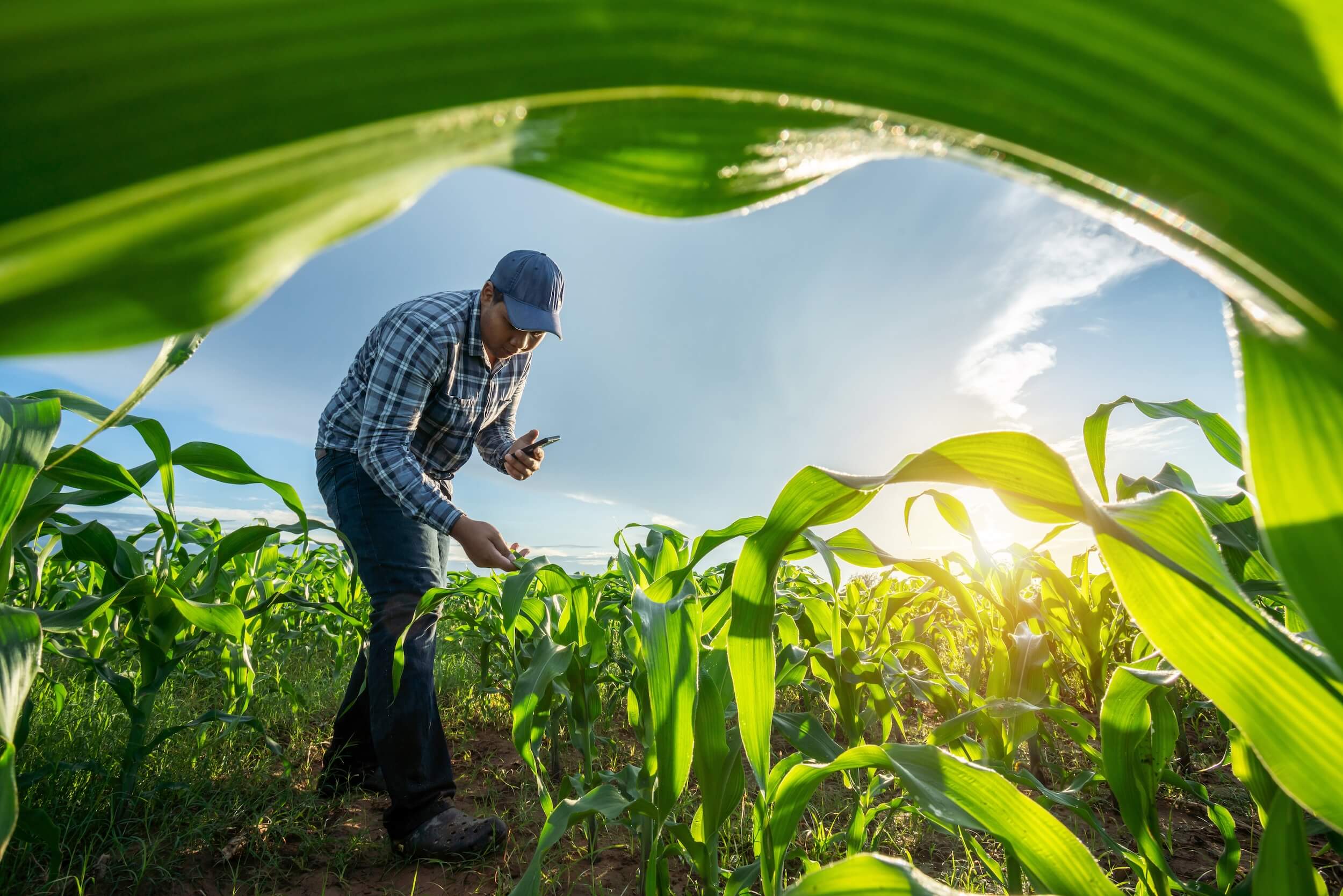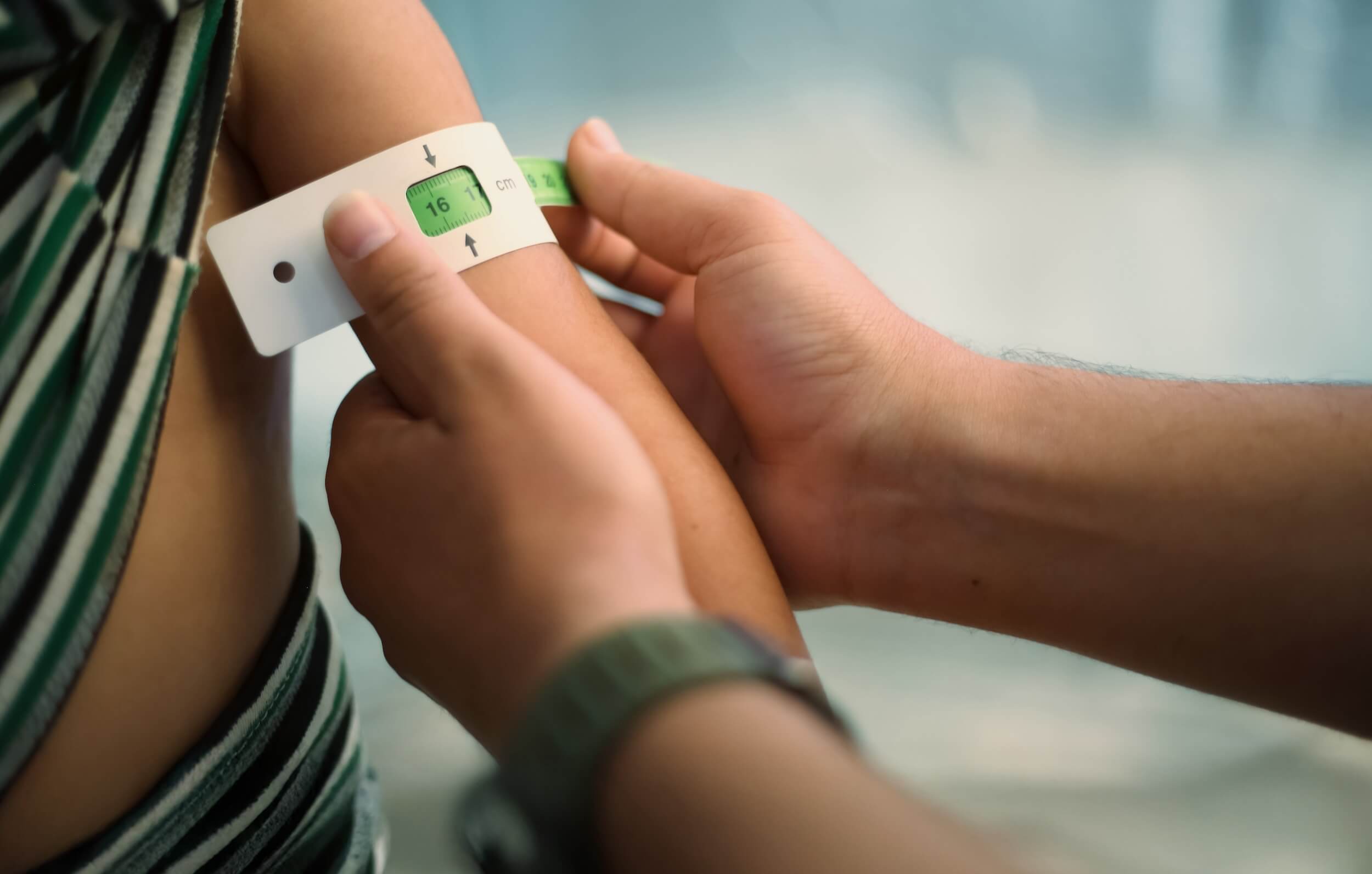



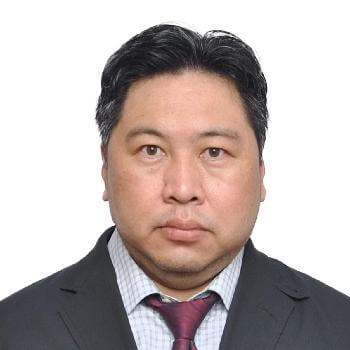

Illegal, Unreported, and Unregulated (IUU) fishing presents a significant threat to marine ecosystems and fisheries resources in the ASEAN region. As a major global fish producer, ASEAN faces critical challenges in combating IUU fishing due to its extensive maritime boundaries, varying national regulations, and disparities in technological capabilities. This article highlights the significance of the fisheries sector to the region’s economies and outlines the impact of IUU fishing on marine resources and community livelihoods. It also introduces the various ASEAN fisheries cooperation mechanisms and regional frameworks that address IUU fishing.
ASEAN fisheries: An overview
ASEAN is a major global fish and fishery product producer, accounting for about 20 per cent of the world’s total production of 223 million tonnes in 2022, according to the Food and Agriculture Organization (FAO). Six ASEAN Member States— Indonesia, Viet Nam, the Philippines, Myanmar, Thailand, and Malaysia—are among the leading global fish producers. The fisheries sector is crucial for employment and export earnings, directly employing over 15 million people in 2021. Based on ASEAN’s database, fisheries generated more than 11 billion US dollars in export revenue in 2023. This notable output underscores the significance of fisheries to the ASEAN economies and their substantial role in food security and global fish markets. Despite its substantial contributions, the ASEAN fisheries sector faces significant challenges. Overfishing, climate change, habitat degradation, and weak enforcement of regulations threaten the long-term sustainability of marine resources. A particularly pressing issue is illegal, unreported, and unregulated fishing, which undermines conservation efforts, disrupts legal fisheries, and results in severe economic losses.
Illegal, unreported, and unregulated fishing
IUU fishing encompasses various illicit activities, including unauthorised fishing, operating in restricted areas, underreporting catches, using prohibited gear, and exploiting flags of convenience to evade regulations. It exacts a heavy economic burden on ASEAN Member States. Available estimates indicate that financial losses from IUU fishing across selected Member States amounted to approximately 6 billion US dollars (Havoscope, 2019).
Beyond direct financial setbacks, IUU fishing weakens national economies by reducing government revenues from taxes, licensing fees, and legal exports. It accelerates fish stock depletion, threatens marine biodiversity, and hampers conservation efforts. With most ASEAN fish stocks already overexploited, IUU fishing further endangers marine ecosystems and deepens socio-economic challenges in coastal communities, where millions depend on fisheries for their livelihoods. The environmental consequences are equally severe, as IUU fishing drives overfishing, habitat destruction, and the decline of critical marine species, ultimately jeopardising the long-term sustainability of ASEAN’s fisheries sector.
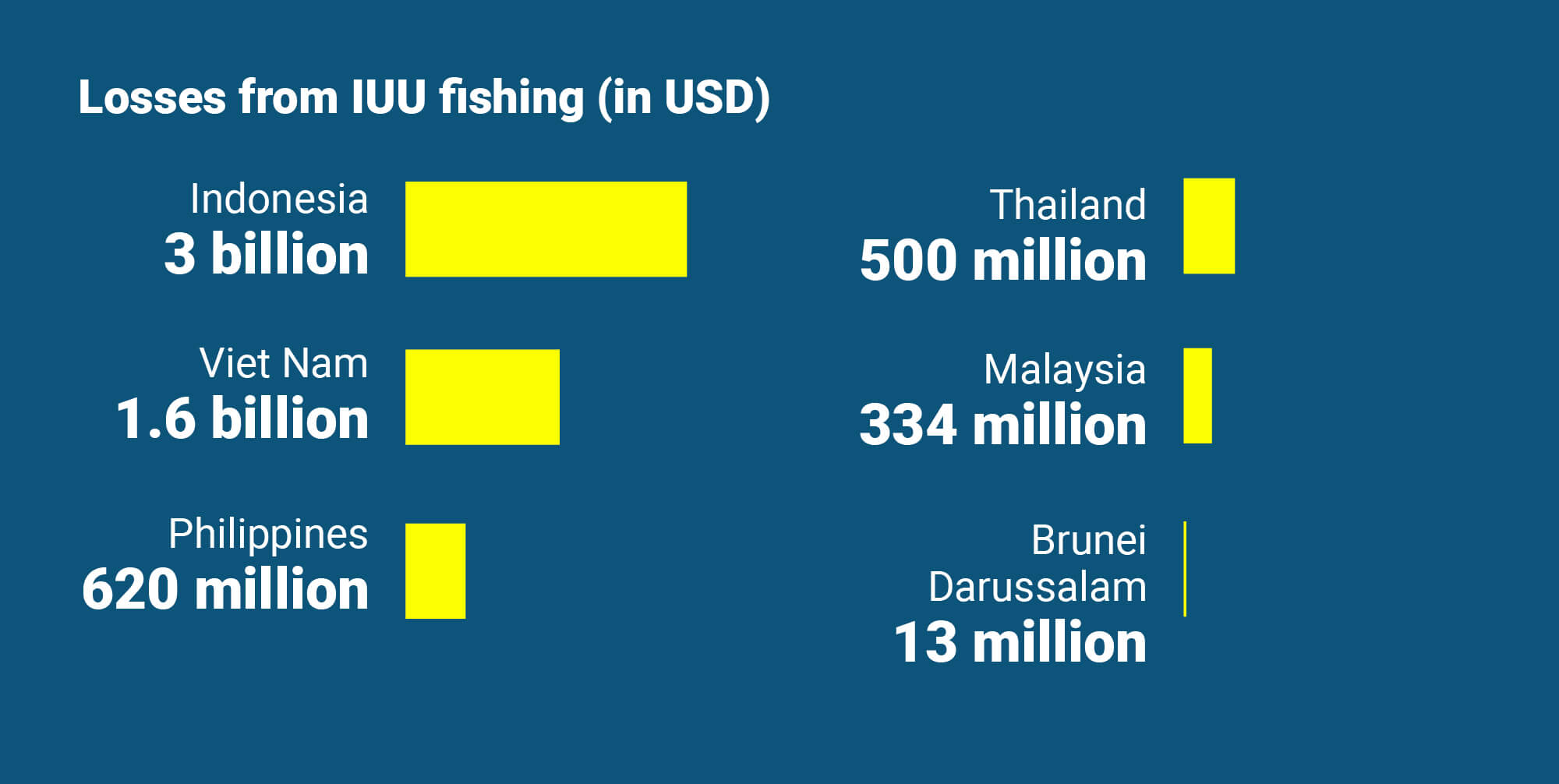
ASEAN fisheries cooperation mechanisms
ASEAN has several cooperation mechanisms in the fisheries sector to combat IUU fishing. These cooperation mechanisms enhance regional collaboration, improve enforcement, and promote sustainable fisheries management across ASEAN Member States.
The ASEAN Sectoral Working Group on Fisheries (ASWGFi) facilitates cooperative undertakings in the fisheries sector. It aims to coordinate and harmonise fisheries policies across Member States. It oversees the development and implementation of key action plans and programmes, including the Strategic Plan of Action for Cooperation on Fisheries (2021-2025) and the ASEAN Roadmap for Combating IUU Fishing (2021-2025).
The ASEAN Fisheries Consultative Forum (AFCF) provides a platform for Member States to discuss and address common challenges in fisheries management and development. One of the forum’s thematic areas is combating IUU fishing by facilitating information sharing on national and regional initiatives and promoting collaboration to enhance fisheries management. AFCF also engages with the Secretariat of the Regional Plan of Action to Combat IUU Fishing (RPOA-IUU) to share progress and foster regional cooperation efforts.
The Fisheries Consultative Group of the ASEAN-SEAFDEC Strategic Partnership (FCG/ASSP) strengthens the collaboration between ASEAN and the Southeast Asian Fisheries Development Center (SEAFDEC) by focusing on technical support, capacity building, formulation of common positions on regional/international fisheries issues, and implementation of joint programmes as guided by the Resolution and Plan of Action on Sustainable Fisheries for Food Security for the ASEAN Region Towards 2030, including the Joint ASEAN-SEAFDEC Declaration on Regional Cooperation for Combating IUU Fishing and Enhancing the Competitiveness of ASEAN Fish and Fishery Products.
The ASEAN Network for Combating IUU Fishing (AN-IUU) provides a cooperation framework for Member States to strengthen monitoring, control, and surveillance (MCS) to prevent, deter, and eliminate IUU fishing in the region. The cooperation focuses on the shared use of the MCS information, capacity and capability building in MCS, and dissemination of best practices on maritime domain surveillance.
Cooperation with partners
Combating IUU fishing requires a coordinated, multi-stakeholder approach that draws on global expertise, resources, and best practices. ASEAN has recognised this and built strategic partnerships with key partners to enhance policy frameworks, enforcement mechanisms, and capacity building in this fight.
One of ASEAN’s key partners in this effort is the European Union (EU), which, through the Enhanced Regional EU-ASEAN Dialogue Instrument (E-READI), has played a significant role in strengthening regional frameworks such as the ASEAN Network for Combating IUU Fishing. This collaboration has led to the development of guidelines for data sharing and access, ensuring better coordination among ASEAN nations. Regular dialogues between ASEAN and the EU have facilitated the exchange of regulatory measures, enforcement procedures, and lessons learned. Specialised training on the AN-IUU Interactive Platform and an information session on CRIMARIO II’s IORIS Maritime Coordination Platform have further supported ASEAN’s enforcement efforts.
Through the Japan Technical Cooperation Agency (JICA) has also been instrumental in enhancing ASEAN’s capacity to counter IUU fishing. The Capacity Building Project on IUU Fishing Countermeasures in Southeast Asia provides Member States with training on responsible fishing practices, Port State Measures, and the ASEAN Catch Documentation Scheme. The project also supports Member States in reviewing and developing their national plan of action to combat IUU fishing.
The United States, through the USAID Sustainable Fisheries Asia Technical Support (SuFiA-TS), focused on advancing sustainable fisheries and marine conservation while also addressing gender and labour issues in seafood supply chains. Key actions included complementing ASEAN efforts to combat IUU fishing, protecting coastal and marine ecosystems, building capacity to comply with the US Marine Mammal Protection Act, and designing and implementing a strategic communications plan.
The German-supported BlueFair Fish Project is a new initiative to enhance regional cooperation to combat IUU fishing while promoting sustainable small-scale fisheries. A significant focus of the project is conducting gap analyses of ASEAN fisheries policies to ensure alignment with international benchmarks. Additionally, it seeks to strengthen cross-border collaboration, engage local communities in sustainable fisheries management, and introduce digital monitoring tools for effective fisheries surveillance and enforcement.
Regional frameworks and initiatives
ASEAN, in collaboration with partners, acknowledges the importance of addressing IUU fishing. It has established various regional initiatives and frameworks to improve data sharing, enhance capacity building, and implement effective strategies to reduce IUU fishing activities. These initiatives safeguard regional fisheries sustainability. The Joint ASEAN-SEAFDEC Declaration on Regional Cooperation for Combating IUU Fishing and Enhancing the Competitiveness of ASEAN Fish and Fishery Products expresses the commitment of ASEAN Member States to combating IUU fishing and enhancing the competitiveness of fishery products through strengthened monitoring, capacity-building, and traceability systems for both capture fisheries and aquaculture. Efforts include managing fishing capacity sustainably, implementing port State measures, improving regional cooperation on transboundary fisheries, ensuring product quality and safety, addressing labour issues, collaborating with RFMOs, and rehabilitating fish stocks. These actions align with international laws to promote sustainable and responsible fisheries in Southeast Asia.
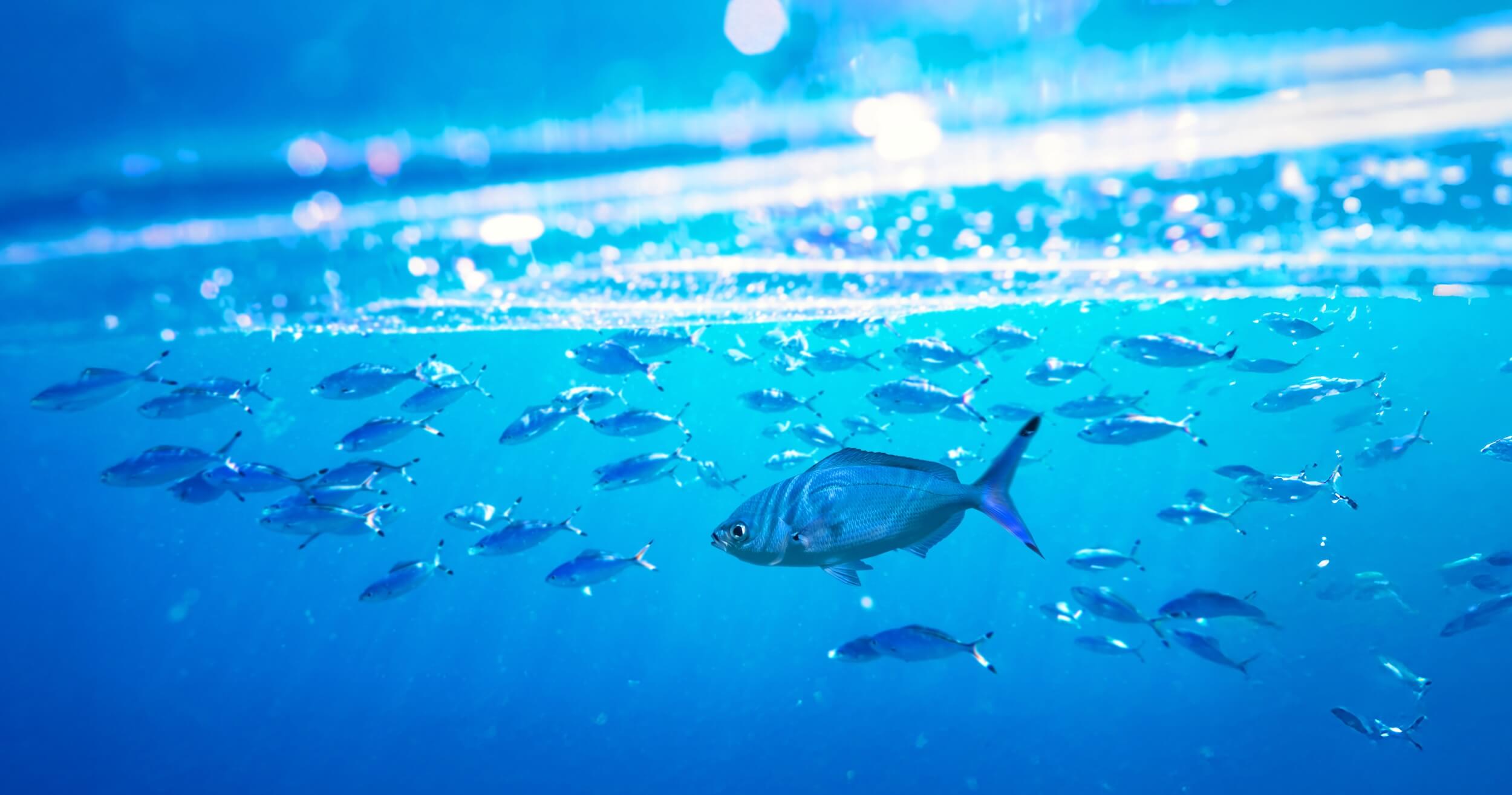
The ASEAN Roadmap for Combating IUU Fishing (2021-2025) is a strategic framework to strengthen regional efforts in addressing IUU fishing across the ASEAN region. This comprehensive roadmap outlines 24 coordinated actions and initiatives aimed at mitigating the challenges posed by IUU fishing while promoting the sustainable management of marine resources. Approximately 60 per cent of the planned activities have been completed or are in progress. Notable achievements include the successful implementation of key initiatives and ongoing efforts to address the remaining actions. These efforts involve facilitating dialogues, conducting assessments of capacity needs, managing fishing capacity, and implementing a catch documentation scheme to enhance traceability and enforcement.
The ASEAN Guidelines to Prevent the Entry of Fish and Fishery Products from IUU Fishing aim to assist ASEAN Member States in developing effective strategies and robust monitoring, control, and surveillance systems. Key measures include implementing comprehensive registration and licensing for fishing vessels and gear, regulating transhipment and landing of fish, maintaining an updated Regional Fishing Vessel Record, preventing poaching within Exclusive Economic Zones (EEZ), establishing observer programmes, developing a catch documentation scheme, and controlling port entry and services. These guidelines ensure that only legally sourced fish products enter the supply chain, promoting sustainable fishing practices across the region.
The ASEAN Regional Plan of Action for the Management of Fishing Capacity (RPOA-Capacity) provides a framework for the ASEAN Member States to develop their National Plans of Action (NPOA-Capacity), enhance regional cooperation, and improve fishing regulations at sub-regional and regional levels. Its primary goals are to ensure fishing capacity aligns with the sustainable use of fishery resources by promoting effective, equitable, and transparent management, limiting and progressively reducing fishing effort, preventing capacity growth that threatens sustainability, and fostering cooperation on transboundary and shared species.
Market-driven measures on the traceability of captured fisheries impact both exporting and non-exporting countries by requiring catch certificates and promoting sustainable practices. Recognising the need to implement this measure, ASEAN Member States adopted the ASEAN Catch Documentation Scheme (ACDS) to provide a unified framework to improve traceability and trade credibility while preventing the entry of products from IUU fishing into the ASEAN supply chain. Supported by SEAFDEC, the electronic ACDS connects data across the fisheries supply chain from catch to consumer, featuring a web-based application for documentation and a mobile application for reporting and purchasing. After successful pilot testing in Brunei Darussalam, the system has been expanded to Malaysia, Myanmar, and Viet Nam.
The Regional Fishing Vessels Record (RFVR) is a database for fishing vessels 24 metres or longer, listing 6,790 fishing vessels from 10 ASEAN Member States. The RFVR database is a vital tool for enhancing fishing vessel inspections, enabling countries to monitor, verify, and enforce corrective actions against non-compliant vessels, thereby strengthening efforts to eliminate IUU fishing in the region.
The AN-IUU Interactive Platform is a crucial operational network that enhances information sharing and communication among national authorities regarding IUU fishing information and incidents. This platform facilitates rapid and coordinated responses by providing a centralised system for reporting IUU fishing occurrences, managing the IUU fishing watchlist, and orchestrating appropriate actions based on the reported incidents. Through its integrated approach, the platform ensures that all relevant information is efficiently communicated and acted upon, strengthening regional efforts to combat IUU fishing and protect marine resources. Thailand is designated as the AN-IUU Network Centre and spearheads the development of this platform.
The Guidelines for Sharing, Access to, and Use of IUU Fishing-Related Information establish standardised procedures and principles for handling sensitive data and ensuring cybersecurity to support the operationalisation of the AN-IUU platform. These guidelines also serve as a useful tool for countries, providing a framework for identifying vessels involved in IUU fishing, utilising and interpreting vessel monitoring system tracking, and understanding international legal provisions for arresting fishing vessels.
Challenges
Despite substantial efforts and progress, substantial challenges persist in effectively addressing IUU fishing within the ASEAN region, highlighting the urgent need for stronger regional cooperation. These challenges include, among others:
The shared maritime boundaries and limited resources for maritime surveillance complicate the effective monitoring and control of fishing activities across borders. Limited resources for maritime patrols and inspections also affect their ability to combat IUU fishing effectively. The financial and human resources necessary for comprehensive monitoring and enforcement are often inadequate. Variations in national laws and enforcement capabilities across ASEAN Member States likewise hinder the effectiveness of regional frameworks.
Disparities in technological infrastructure and data-sharing capabilities among ASEAN Member States affect the ability to monitor and track fishing activities in real time. Some countries lack systems for effective maritime surveillance and catch documentation. National regulations, which vary across Member States, often hinder data-sharing. These regulations may impose strict controls on the dissemination of fisheries data, limit the types of information that can be shared, and establish bureaucratic processes that slow down the exchange of critical data.
Gaps in combating IUU fishing also stem from deficiencies in the implementation of Port State Measures. Key challenges include insufficient integration of legislative requirements into national policies, lack of standardised operating procedures, limited coordination among relevant authorities, inadequate resources for monitoring and inspection, weak legal frameworks, and insufficient penalty levels. These weaknesses enable IUU fishing vessels to exploit regulatory loopholes, evade detection, and persist in illegal activities across the region.
Beyond its environmental and economic consequences, IUU fishing is also closely tied to labour issues within the fishing industry. Weak regulatory frameworks, insufficient enforcement, and the remote nature of fishing operations create conditions that enable labour exploitation. Addressing these challenges requires coordinated action across multiple agencies to strengthen oversight, enhance enforcement, and protect workers’ rights.
To effectively combat IUU fishing, key areas for collaboration should include, among others:
- Implementing a standardised approach to monitoring and enforcement across Member States. This could include joint patrols, coordinated response mechanisms, and real-time communication and information sharing to improve the detection and deterrence of illegal activities and effectively manage shared maritime boundaries.
- Strengthening the AN-IUU platform will facilitate seamless information exchange on IUU-related activities, reduce bureaucratic hurdles, and simplify data-sharing processes among ASEAN Member States. This will improve coordination, promote greater transparency, and enhance the efficiency of monitoring, control, and surveillance efforts.
- Encouraging ASEAN Member States to ratify and implement key international agreements on fisheries (e.g. Port State Measures Agreement, Compliance Agreement, Work in Fishing Convention) and providing technical assistance to streamline the ratification and implementation process, ensuring that national policies are aligned with these international commitments.
- Working towards implementation of port control mechanisms, including mandatory vessel inspections, documentation checks, and refusal of port entry to vessels suspected of engaging in IUU fishing. Efforts should be aligned with the FAO Port State Measures Agreement, and coordination between fisheries and maritime authorities should be enhanced to ensure compliance with international best practices.
- Enhancing coordination among relevant national agencies and ASEAN platforms to support the development and implementation of labour guidelines for the fisheries sector. This includes strengthening the capacity of labour and fisheries enforcement agencies to conduct regular inspections of fishing vessels and labour conditions both at sea and in port. Additionally, efforts will focus on improving compliance with international standards on safety at seas and decent working conditions.
- Leveraging Public-Private Partnership to improve the implementation of fisheries traceability systems. This could involve adopting digital tracking tools, such as electronic catch documentation and blockchain-based verification systems. Public-private partnerships can also facilitate capacity-building initiatives, promote data-sharing agreements, and encourage investment in innovative traceability technologies that improve supply chain transparency and accountability.
- Providing targeted training programmes for fisheries officials and enforcement personnel, focusing on advanced monitoring technologies, data integration, vessel inspection techniques, port regulations for foreign vessels, and onboard observer programmes. These programmes should cover both legal frameworks and operational procedures, ensuring the personnel are well-equipped to detect fraudulent documentation, conduct thorough vessel inspections, and handle suspected cases of IUU fishing.
- Implementing a vessel monitoring system to allow fisheries authorities to track vessel movements in real-time, identify suspicious activities, and ensure compliance with national and regional regulations. ASEAN Member States should develop policies that require vessels above a certain size threshold to install Vessel Monitoring System (VMS) transmitters and integrate the collected data into regional fisheries monitoring networks.
- Raising awareness about the detrimental impacts of IUU fishing and the importance of regulatory compliance. Actively involve local communities, industry stakeholders, and civil society organisations in monitoring and enforcement efforts, ensuring a more inclusive and effective response to IUU fishing challenges.
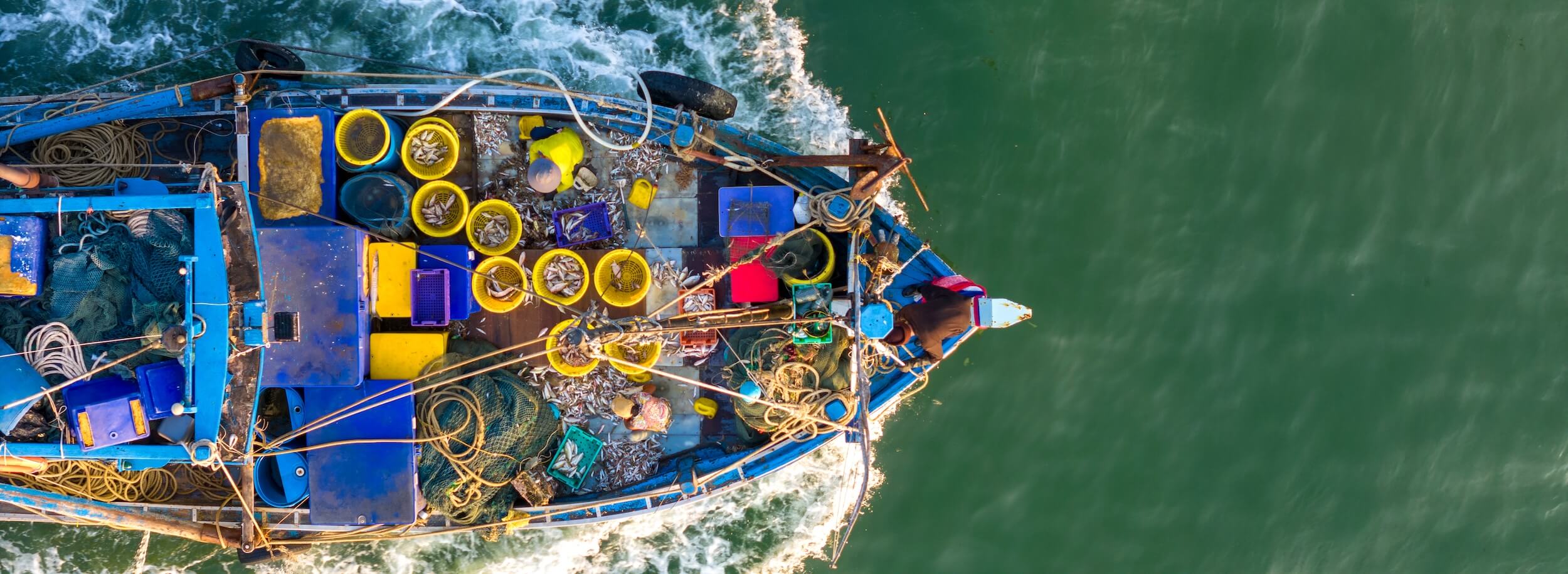
Conclusion
The fight against IUU fishing in the ASEAN region requires a sustained, coordinated, and multi-stakeholder approach. Through strategic partnerships with key partners, ASEAN has strengthened its policy frameworks, enforcement mechanisms, and capacity-building initiatives. These collaborations have facilitated knowledge-sharing, improved monitoring and surveillance systems, and enhanced regional cooperation to curb illegal fishing activities.
Despite significant progress, challenges remain regarding resource constraints, institutional and technological gaps, and the complexity of the IUU fishing landscape. Addressing these issues requires strengthening enforcement mechanisms, streamlining data-sharing frameworks, promoting compliance with international agreements, and enhancing inter-agency coordination and stakeholder engagement. Additionally, increasing capacity-building for national agencies and local communities will be crucial in fostering an inclusive and effective response to IUU fishing. By leveraging international expertise and regional collaboration, ASEAN is reinforcing its commitment to combating IUU fishing and ensuring the long-term sustainability of its fisheries sector. Continued cooperation, innovation, and strong governance will safeguard marine resources, protect livelihoods, and promote responsible fishing practices across the region.





